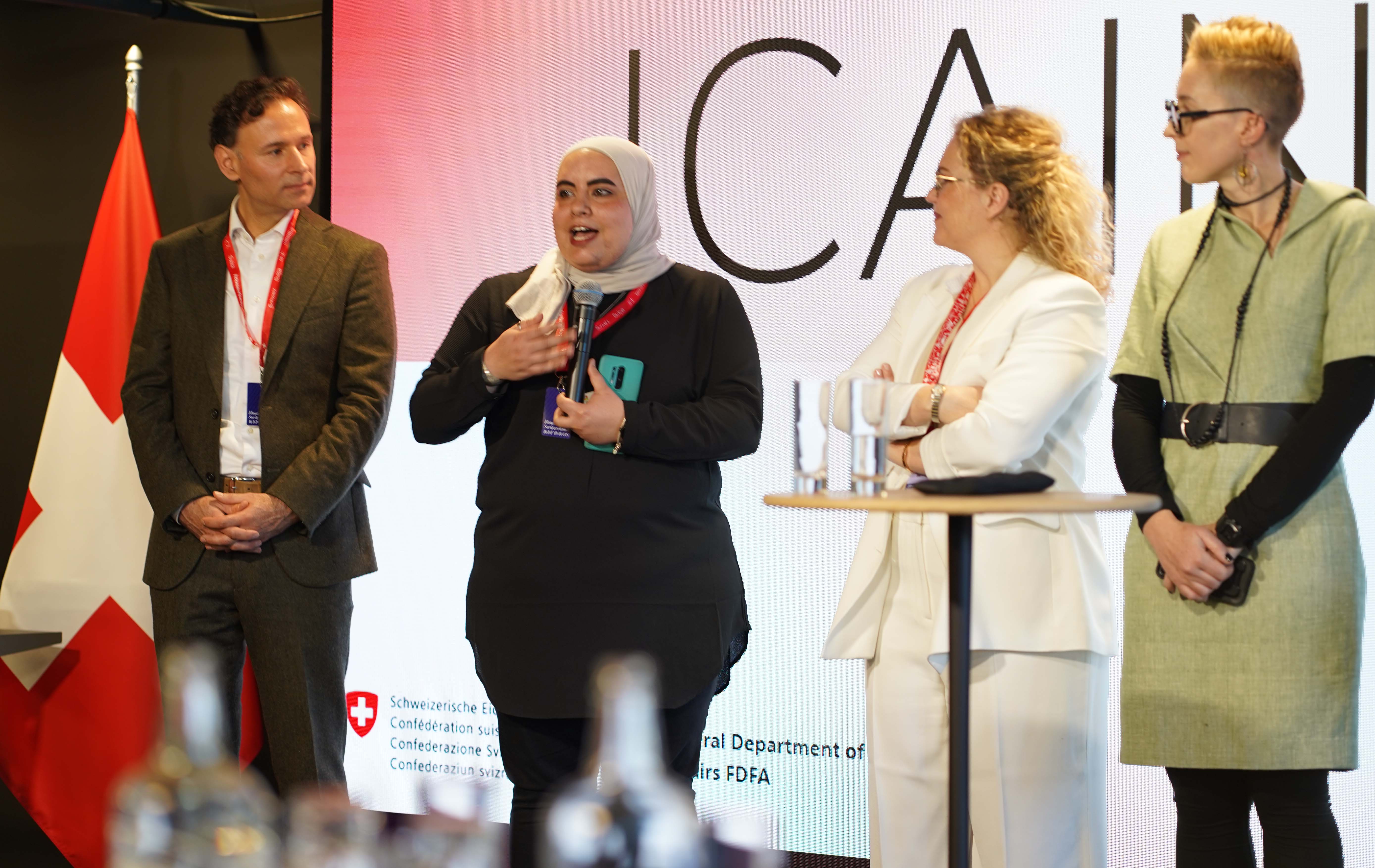At Davos 2025, as with Davos 2024, artificial intelligence (AI) is present in most discussions, as the key and necessary driver of a brighter future with buzzwords like “Being AI-first” and “We do AI, you change the future”. As governments and companies are scrambling to become “AI ready", what does this readiness entail?
It starts with infrastructure, talent, data, and policy. Data centers, supercomputers, but also Internet are the backbone of the AI infrastructure and are mostly concentrated in the hands of a few large technology companies. AI talent is similarly concentrated within large technology companies. Universities struggle to keep AI researchers, and many countries experience a brain drain of their AI researchers. Data is another key component of AI readiness. Data inequality remains a major concern with the fast development of AI applications. Most datasets are not representative of the diversity of the world.
Governments are both beneficiaries and enablers of AI readiness. Similarly to previous waves of technology developments, governments adopt AI to respond to the calls for more efficient and effective public action, as well as for data-driven policymaking. This implies governments embracing datafication — quantifying human life through digital information, often for economic purposes, which can have profound social implications. Governments’ missions differ dramatically from businesses, and their use of a technology that can make (to some degree) autonomous decisions at scale needs to be very carefully evaluated. The now well-known case of the Dutch tax authority’s algorithm that ruined thousands serves as a warning.
Encouragingly, Davos 2025 featured more discussions than last year about the dual use of AI, its societal risks, and ensuring that this technology benefits all. A notable innovation in this space is the International Computing and AI Network (ICAIN). Under the patronage of the Swiss Federal Department of Foreign Affairs (FDFA), this non-for-profit initiative acts as a matchmaker between data scientists in Africa with a research project and AI researchers and computing capacity from Europe.
As AI solidifies its place in many domains of society, the need for responsible innovation and sector-specific AI governance becomes paramount. This requires training a new generation of professionals who can bridge the gap between AI and domain-specific policy. Importantly, these efforts must prioritise diversity to ensure inclusive AI governance, development, and deployment.
As Davos 2025 has shown, the AI dialogue is progressively broadening beyond technology enthusiasts and the technology industry. Although there is still a hype and some mythical narratives around what AI is and how it will transform society and governments, the focus is shifting to more inclusivity and the shared responsibility of shaping AI’s future. As a hub for global governance expertise, a large presence of civil society organisations from all around the world, and a thriving AI ecosystem at its doorstep, Geneva is AI ready to contribute to this endeavour.
This article was published in Globe #35, the Graduate Institute Review.






